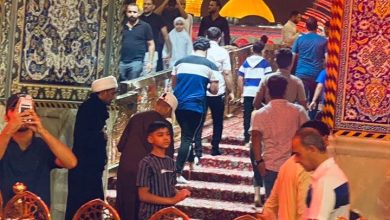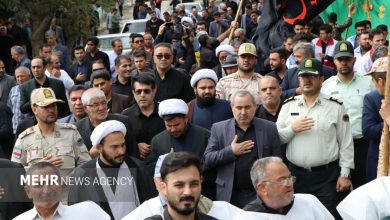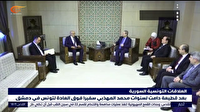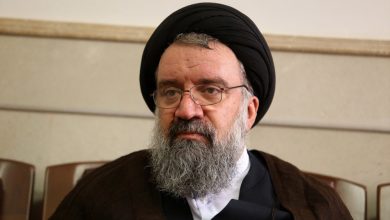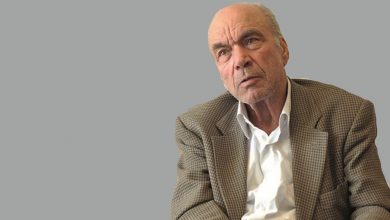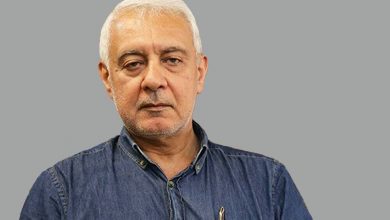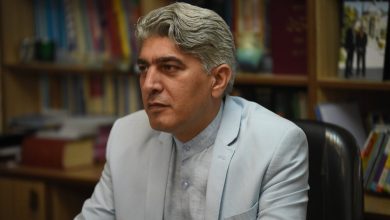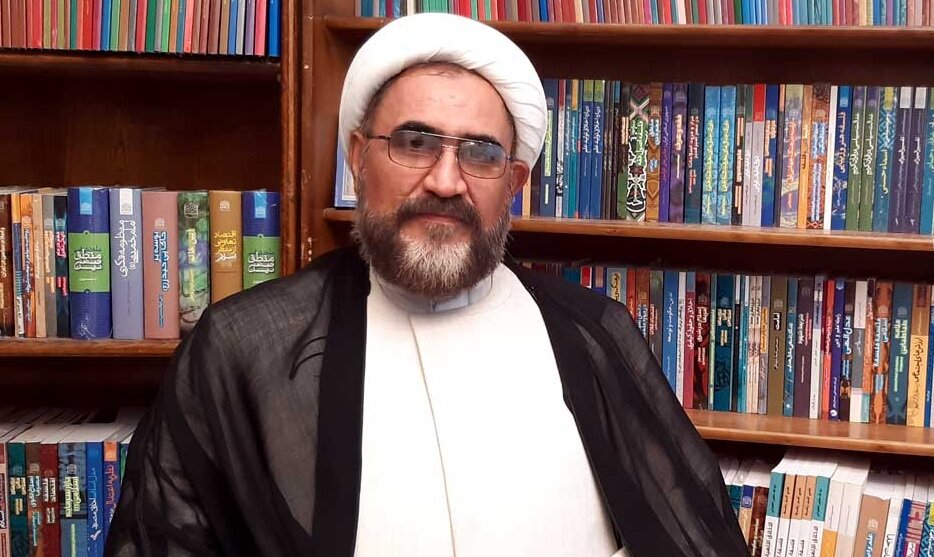
After four decades of the Islamic Revolution, the truth about the “spirituality” of the revolution is unknown in the world, but with the margins that the enemy’s propaganda has created for us. Misunderstandings are created because of it. He spreads the spirituality of revolution with the phenomenon of terrorism (which is a product of the world of arrogance and can be compared to concepts such as stone throwing, extreme extremism, and violence).
The “spirituality” that “pure Islam” claimed in the discourse of the Islamic Revolution is a link between the life of this world and the hereafter, which sees the physical in the spiritual sense, and the material in the sense. Religious spirituality and human connection with God in all earthly behaviors are not separate from politics, culture and economics. This view of the issues of social life was unprecedented on the eve of the victory of the Islamic Revolution. The only revolution that raised the slogan of the objectivity of religion and politics, the relationship of the world to the afterlife, and the connection of materialism and spirituality on intellectual and religious grounds, was the revolution of the Iranian nation. This literature is the symbols that were created in the literature of the revolution and the Iranian people made a revolution based on them, but we have not been able to publish, publish and present this literature to the world properly.
One of the masterpieces of the Islamic Revolution’s rhetoric was putting an end to the misconception of equating spirituality with a life of asceticism, solitude, and non-entry into the social and political arenas. While this idea of asceticism sought a transition from the low and polluted world, the discourse of the Islamic Revolution entered the arena of epic spirituality and the model of Ashura. Forty years of experience in confronting this spirituality with colonialism has made it its own brand. Imam Rahil Azim al-Shan started fighting this approach in the forties. In the imam’s speech at the Fayziyya School in Qom in 1342, he used the rhetorical metaphor of al-Husayni’s Islam versus Yezidi Islam and says that al-Husayni stands today against the Yezidis. The Islamic Revolution’s approach from the outset was to make “spirituality” the foundation of its economy, politics, freedom, morality, and social norms. It is not the Great French Revolution which was about freedom and the socialist revolution of October 1917 in Russia that made the economy the basis of everything.
One of the dimensions of “spirituality” in the discourse of the Islamic Revolution is its commitment, responsibility, and religious zeal, which contradicts the declaration of tolerance, intolerance, and zeal caused by Western secularism. Revolutionary spirituality is associated with the poetry of jihad, martyrdom, and the epic. And it includes “Streverage against the unbelievers” next to “Mercy for their generosity.” The spirituality of the Revolution creates men and women who stand like a mountain and do not deviate by building a spiritual world based on justice and freedom with religious zeal and Islamic prejudice. According to the definition of the beloved Prophet of Islam, peace be upon him, he is “like the mountains of Al-Rasikh Lat and Har Ki Koh Awsaf.”
“Woman, Life, Freedom” was one of the original slogans of the Islamic Revolution. The revolution for the liberation of men and women from all the restrictions and obstacles of ignorance and superstition, from the customs of ignorance, and from blind imitation of the secular world, and liberation from oppression and indifference based on the teachings of the Qur’an. And the atmosphere of prostitution, prostitution, and sensuality created the atmosphere, and this is the kind of freedom that the Islamic Revolution learned from the last message of the Messenger of God, may God’s prayers and peace be upon him, and the purpose of his message is mentioned in Surah Arf that follows: “Weigh them hard and the mind was the most important” for human freedom. In the entire history of Iran, Iranian women did not flourish in any period of time as much as men did, but at a higher rate. The revolution revived the identity of women. Freedom should not be defined as liberation from humanity, morals, purity, and sublime human values. In the rhetorical literature of the Islamic Revolution, there is freedom after the Iranian nation’s independence from The imperialist oppression, slavery and colonialism of America and the achievement of the Islamic Republic system, and the young generation should know the concept of freedom. Returning to the same values against spirituality and the Islamic Revolution forty years ago, the Iranian people revolted against them. Freedom is not libertarianism, freedom is not immorality. If in some places we cannot Applying freedom with the spirituality of the revolution, the problem lies in the agents and those involved, not the ideology and rhetoric of the Islamic Revolution.
Revolutionary spirituality created and developed the steps of the Islamic movement of the Iranian nation during the period of struggle and was established during the period of engineering the system and in the text and basis of the constitution. The constitution of the Islamic Republic is a spiritual constitution along the lines of the Imamate of the Ahl al-Bayt (PBUH) based on religious principles and principles and on the standards of Islamic law. In the stage of building the state, spirituality is the basis of Islamic rule, and the Islamic society must be built on this basis, and the civilization resulting from the Islamic Revolution must be a divine and spiritual civilization. The second principle of the constitution stated that the Islamic system is based on belief in God, resurrection, prophecy, imamate, resurrection, and human dignity, meaning that its foundations are “spiritual” from the beginning. The ultimate goal of the Islamic Revolution is the realization of human life under divine sovereignty.
The constitution is the official document for the discourse of the Islamic Revolution, it is based on spirituality, its goal is spirituality, its values between its inception and resurrection are purely spiritual, its working mechanisms and the mechanisms of its social life in economics and politics. And the culture is all about spirituality, if we can’t understand and implement it, that’s another story. One of the reasons is the unfamiliarity of agents and officials with these national conventions and covenants. Today, there is no constitution in the scientific, academic and educational centers of the country. Unfortunately, it is not taught in the seminaries in the manner of diligence and jurisprudence. This document is the basis of the life of the Islamic Revolution, and it is the basis of the identity of Ahl al-Bayt (PBUH) in today’s world, and we live with this document, it must be taught, explained, and its basics changed. . Daily life, people’s life lessons should be taken from here and the most important floating mark and the most important thing everyone should understand is the “spirituality” factor. This document is our property and property, and some are chanting against our original identity because they are not familiar with it. The new generation is not familiar with the constitution, the foundation of Islamic rule based on the thought of Imam Rahal and the authority of the jurist.
One way out of this current situation is a return to the spirituality of the Islamic Revolution and a return to the main slogans of the Islamic Revolution, a return to freedom, the revolution said freedom, a return to justice, a return to freedom, a return to the homeland. And religious. Identity, back to our Iranianness. Today, we all have to join hands so that these problems that were created, God willing, will be resolved, and our young generation will have hope and learn more about the slogans of the Islamic Revolution and the rhetoric of the Islamic Revolution, and this is clear. for the whole nation. That nothing replaces the Islamic Revolution and there is no substitute for the rhetoric of the Islamic Revolution.
6565
